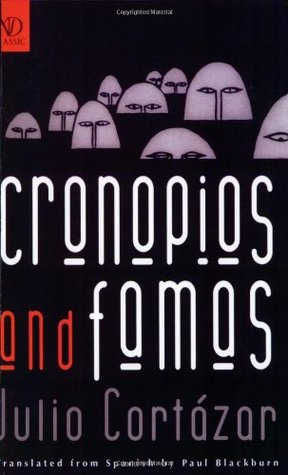The Forgotten Garden
Location: Australia
Author: Kate Morton
Publisher/Year: Allen & Unwin/2008
Genre: Historical Fiction/Mystery
This month's Book of the Month, The Forgotten Garden by Kate Morton, is an interesting tribute to Frances Hodgson Burnett's The Secret Garden while serving as an intriguing mystery and personal history on its own.
The plot, as given by Wikipedia:
At Nell's joyous 21st birthday party her world falls apart when her father tells her she was adopted as a 4-year-old in 1913, seemingly abandoned on an Australian wharf and unable to remember her name. The knowledge shatters her self-image and changes the course of her life.In 1975, the only surviving clues to Nell's past are given to her after her father's death; the memories they trigger lead her to travel to England to unravel the puzzle, part of which is connected to the author of a rare fairytale book in her possession. She discovers her true identity despite having been thought dead for more than 60 years, and finds her way to Tregenna, and Blackhurst Manor, on the coast of Cornwall.However, her plans to complete the quest are interrupted when her granddaughter Cassandra comes to stay "temporarily," a stay that becomes permanent. In the end it is Cassandra, haunted by her own griefs, who in 2005 follows in Nell's footsteps to finish the journey of discovery and fit together all the missing pieces.
It's a remarkable tale, with Nell and Cassandra's stories and personalities coming through wonderfully. The novel is skilfully written and quite engaging. It's very easy to get sucked into the story, though there are phases when it feels a bit like a chore. Get through those, though, and it's easy to keep going. I loved The Secret Garden as a kid, and the homage to that was something I enjoyed about this book. The locales in Australia and England are well detailed, though I'd love something I could immerse myself in a bit more.
This book has been well appreciated by critics and readers alike, and it's not hard to see why. Not perfect, but it's quite engaging and something I'd suggest reading.


